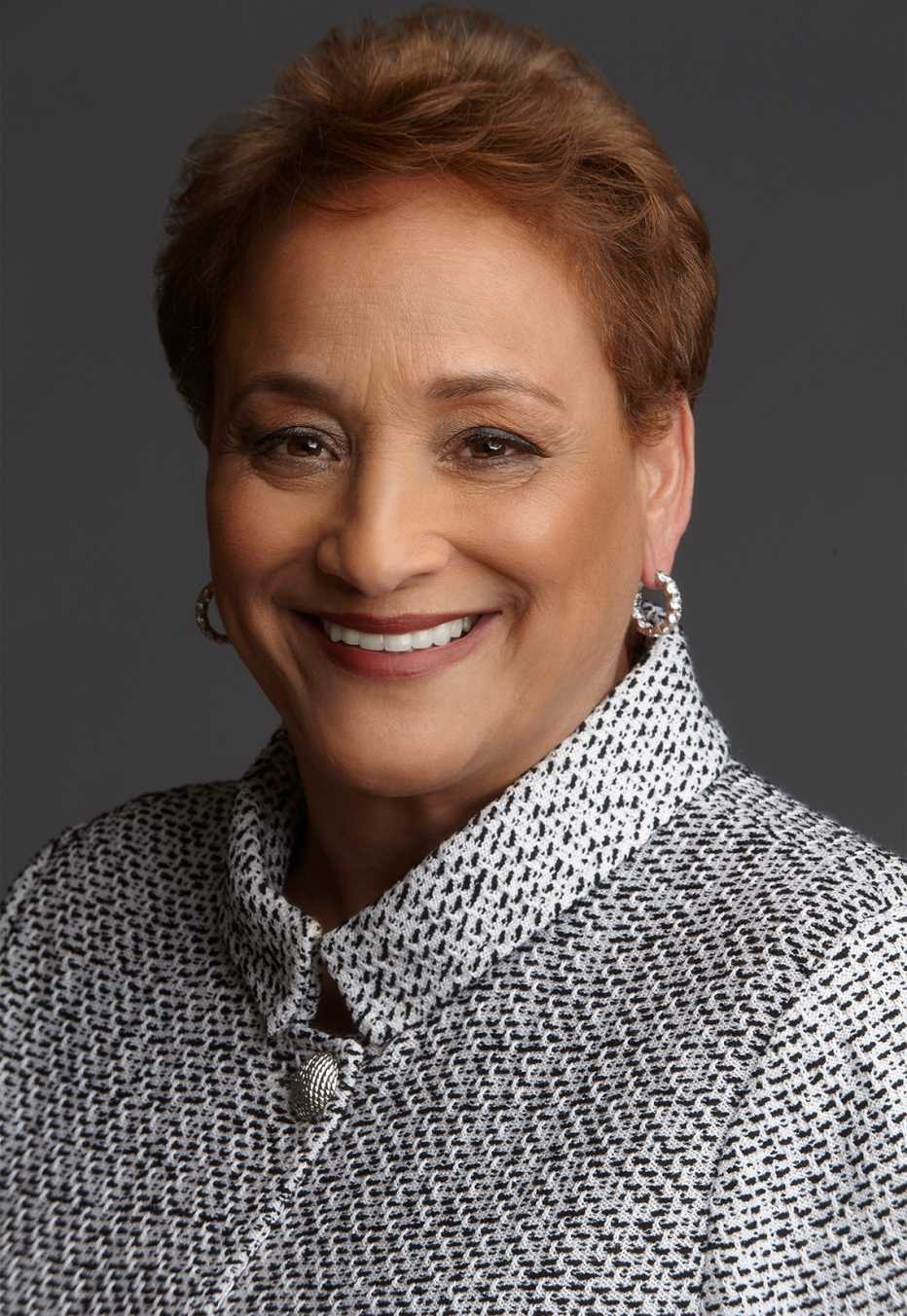Staying Fit


AARP has been fighting to make sure Americans are financially secure after retirement since our founding 65 years ago. It’s been a long, hard road, but we have seen our share of victories, and there are more battles still to win.
That’s why I was pleased when President Joe Biden announced the Department of Labor’s proposed improvement to a key provision of the Employee Retirement Income Security Act (ERISA). AARP believes the rule would provide a more secure and prosperous retirement for millions of Americans.


AARP Membership— $12 for your first year when you sign up for Automatic Renewal
Get instant access to members-only products and hundreds of discounts, a free second membership, and a subscription to AARP the Magazine.
The proposed changes, contained in what is called the Retirement Security Rule, are extensive. But at their core is an expansion of the definition of an “investment advice fiduciary.” Put simply, when you are a fiduciary, you are legally obligated to put your client’s interest first. The new rule would expand the products and services for which a financial professional must operate as a fiduciary.
That’s critical. Many Americans seek help to manage their money, and they deserve to have financial advisers whose goal is to protect and grow their savings. Right now, loopholes in the law allow many financial advisers to make investment recommendations that are based on what makes the most money for them, not the person saving for retirement.


The proposed rule will better protect millions of American workers and retirees from being involved with financial products that are not in their best interest, such as those with higher fees or inappropriate levels of risk, or just not of a high quality.
It will also ensure that when an employee is doing a one-time transfer of funds to a new type of retirement account — for example, during a rollover from a 401(k) to an IRA — the advice they receive from their provider is in their best interest.
The new rule would cover financial products currently regulated by ERISA but outside the scope of the Securities and Exchange Commission’s Regulation Best Interest, such as commodities, real estate and insurance products, including annuities.

































































More From AARP
The Emotional Toll of Being a Caregiver
Communities need to come together to lighten the stress many feelHelp Social Security Help Older Americans
Congress can provide funding to solve a customer service crisisAARP Advocacy Team Gets Ready for 2024 Election
Here are the key issues targeted to help improve the lives of older AmericansRecommended for You